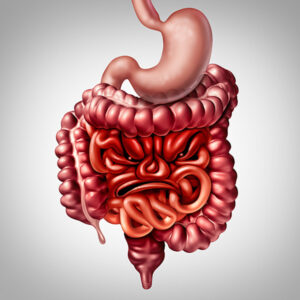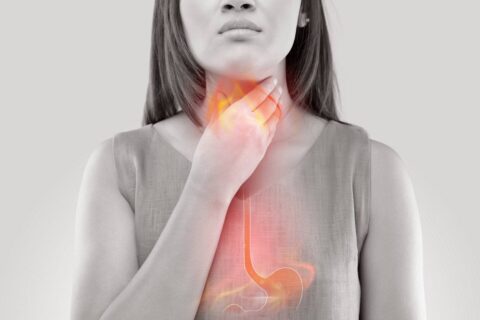Gastroparesis
What is Gastroparesis
Gastroparesis is the delayed emptying of foods in the stomach which means food that you eat stays in the stomach longer than necessary rather than entering the small intestine. This happens when the stomach muscles are weak or dysfunctioning because the vagus nerve which controls stomach muscle movement, is damaged.
When you have Gastroparesis, you may experience symptoms like heartburn, pain in the upper abdomen, nausea, vomiting of undigested food (sometimes several hours after a meal), feeling full after only a few bites of food and weight loss due to poor absorption of nutrients or low caloric intake. You may also experience abdominal bloating, unstable blood glucose levels, lack of appetite, gastroesophageal reflux, and abdominal spasms.
Some of the more common known causes of gastroparesis include diabetes, spinal cord injury, stress, psychiatric disease, stroke, Parkinson’s disease, multiple sclerosis, scleroderma, viral infections, autoimmune conditions, amyloidosis, and also medication-induced and post-surgical gastroparesis, One of the common underlying themes in some of these conditions is nerve or nervous-system-related dysfunction.
An upper endoscopy can help diagnose if you truly have gastroparesis. Only after then can we focus on treatment and management.

Conventional Treatment for Gastroparesis
Metoclopramide and Erythromycin are some of the most common medications that help relieve gastroparesis. Although, these medications come with side effects that vary from patient to patient. Some of the side effects are nausea, vomiting, abdominal cramping, feeling restless to feeling tired or drowsy, headaches and may cause sleep problems to some.
Natural Treatments for Gastroparesis
- Try Iberogast and Motility Activator. These are natural supplements that contain properties that help with gastric emptying and gastrointestinal motility.
- Manage stress and get enough rest. The brain is directly connected to the gastrointestinal tract via the vagus nerve, which is a bidirectional information superhighway. Understanding the role of stress and emotion in modulating the motility of the gastrointestinal tract is a very important and often underappreciated concept. Figure out a way you can get a better handle on stress. Try changing your routine in order to feel more relaxed, exercise, meditate or get more rest.
- Be mindful of your food intake. Try the gastroparesis diet which usually entails meals that are low in fat and contain only soluble fiber. This diet is easier for the stomach to process. Go slow when eating. Slowly fill up your stomach, giving the stomach more time (and less stress) to empty.
““


